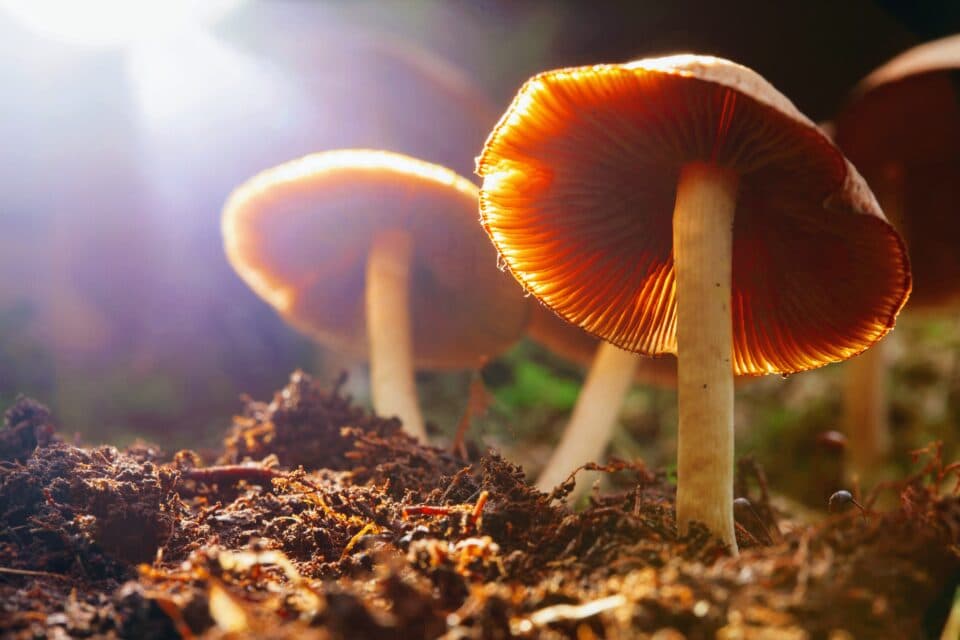James Fadiman, a distinguished figure in the realm of psychedelics and consciousness exploration, has gained recognition for his pioneering work on the subject of microdosing. His extensive research and writings on this practice have shed light on its potential to bring about subtle yet transformative effects on human cognition and well-being. This discussion explores the remarkable results associated with microdosing as outlined by James Fadiman.
Microdosing, a term popularized by Fadiman and his colleagues, involves the regular ingestion of small, sub-perceptual doses of psychedelic substances, such as LSD or psilocybin-containing mushrooms. Unlike traditional, full-dose experiences that lead to profound alterations in perception and consciousness, microdosing is intended to be subtle, with the aim of enhancing everyday functionality.
Fadiman’s research on microdosing has revealed several notable results:
- Enhanced Creativity: Microdosing has been associated with increased creativity and problem-solving abilities. Individuals often report improved focus, enhanced pattern recognition, and the ability to think “outside the box.” This heightened creativity can be beneficial in various professional and artistic endeavors.
- Elevated Mood and Emotional Well-Being: Microdosers frequently report an improved mood and reduced symptoms of depression and anxiety. They describe experiencing greater emotional stability, increased empathy, and enhanced overall well-being.
- Heightened Energy and Productivity: Microdosing is said to boost energy levels without the jitteriness associated with stimulants. People find it easier to concentrate, maintain motivation, and achieve higher levels of productivity in their daily tasks.
- Improved Problem-Solving: Microdosers often note a heightened ability to address personal and professional challenges. The subtle alterations in perception can help individuals reevaluate problems and discover innovative solutions.
- Mindfulness and Enhanced Awareness: Microdosing can facilitate a sense of mindfulness and self-awareness. Many users report a deeper connection with their emotions, thoughts, and surroundings, fostering a greater sense of presence and mindfulness.
- Lessened Substance Dependence: Some research suggests that microdosing may help individuals reduce or even eliminate dependencies on substances such as alcohol, nicotine, or pharmaceutical medications. This reduction in addictive behavior can have a profound impact on mental health and well-being.
It’s important to note that James Fadiman’s work emphasizes the need for responsible and informed microdosing. He suggests a regimen that typically involves taking a microdose every few days or following a specific schedule. The intent is to avoid building tolerance and to maximize the benefits while minimizing the risks associated with regular psychedelic use.
“The Remarkable Results of Microdosing: James Fadiman” highlights the pioneering work of James Fadiman in the field of microdosing psychedelics. Fadiman’s research and observations have unveiled a range of subtle yet transformative effects associated with this practice, including enhanced creativity, mood improvement, increased productivity, and a deeper sense of mindfulness. His work has ignited curiosity and enthusiasm about the potential benefits of microdosing as a tool for personal growth and well-being.





